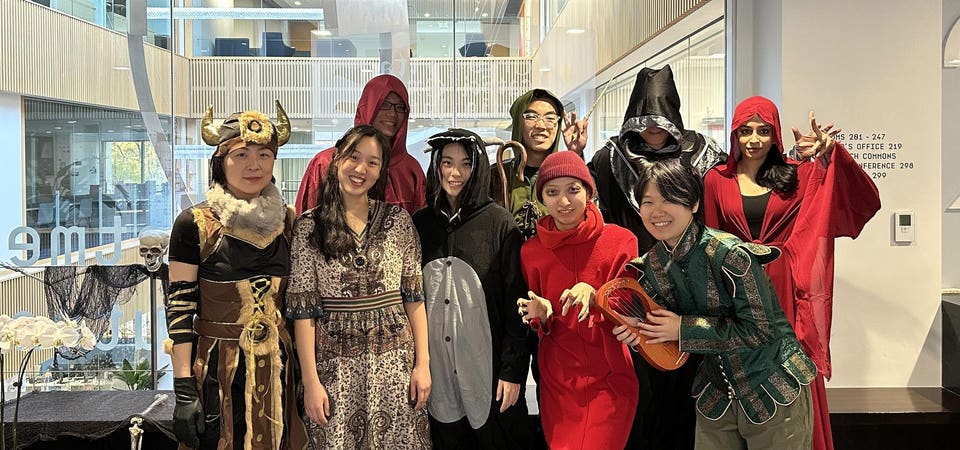Generative AI Is A Crisis For Copyright Law
Nightshade is a computer program that generates images similar to those created by AI, in an effort to thwart plagiarism. Glaze aims to protect artists' work by adding subtle changes to their original creations. The team's goal is to give artists more control over their work and prevent exploitation by AI algorithms. These tools could empower artists to safeguard their creations and maintain ownership in a digital landscape. The researchers' work highlights the importance of protecting artists' intellectual property in the age of AI technology.

Ben Zhao and his team at the University of Chicago
Ben Zhao and his team of researchers at the University of Chicago include members such as Heather Zheng, Anna More Ha, Cathy Li, Wenxin Ding, Zhuolin Yang, Shawn Shan, Stanley Wu, Kritika Prakash. They have developed tools like Glaze and Nightshade to address concerns related to copyright infringement and artistic exploitation by generative AI systems.
Open AI's GPT-4o and Studio Ghibli Controversy
Open AI launched GPT-4o on March 25, 2025, allowing users to transform visuals into the style of Studio Ghibli, founded by Hayao Miyazaki, Isao Takahata, and Toshio Suzuki in 1985. Miyazaki has criticized AI-generated art, emphasizing the importance of human emotions in artistic expression and calling AI art soulless. This has sparked debates on AI's impact on copyright law and artists' concerns about AI tools replicating their styles.
Legal Battles and AI's Impact on Copyright
The rise of generative AI has led to numerous copyright lawsuits against AI companies like Getty Images, Stability AI, Google, and Ross Intelligence. Artists fear being overshadowed by AI tools that replicate their styles, leading to debates on fair use, copyright infringement, and the need to protect artists' rights. The White House's Executive Order has further fueled discussions on AI's access to copyrighted material and its implications on innovation.
Ben Zhao's Work in AI Security
Ben Zhao, a Neubauer Professor of Computer Science, has focused on protecting AI systems from malicious actors and developing tools like Glaze and Nightshade to counter copyright infringement by generative AI systems. Zhao emphasizes the need to safeguard human creators impacted by AI technologies and the importance of addressing the misuse of AI in harmful ways.
Challenges and Limitations of Generative AI
Zhao points out the limitations of generative AI models in delivering on promises, highlighting issues such as reliability, accuracy, and the need for meaningful solutions. He discusses the plateau in AI performance, challenges with AI reasoning, and cautions about the hype surrounding artificial general intelligence. Zhao stresses the importance of understanding AI's limitations and its impact on society.
Future of AI and Copyright
Zhao raises concerns about the power dynamics in the AI industry, the impact on creativity, truth in media, and trust online. He reflects on the importance of legal structures, equitable resource distribution, and societal mechanisms in ensuring a fair society for all. As the global AI race progresses, Zhao warns against sacrificing these fundamental principles for economic gains.

